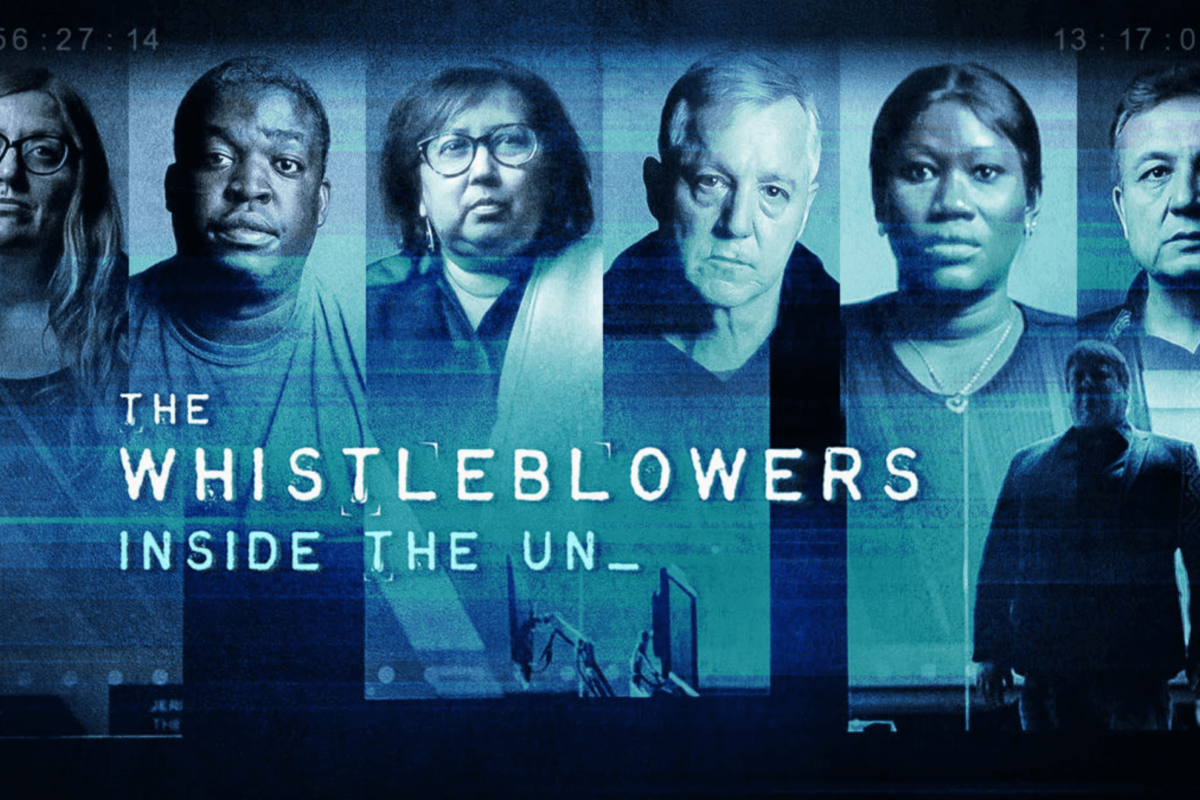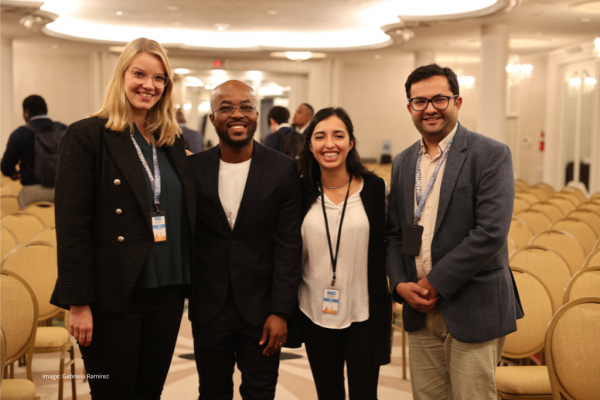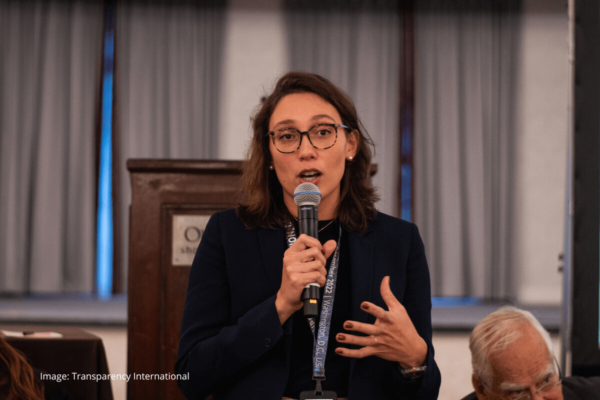It’s a mammoth organisation generally perceived as a global force for good. But a series of revelations have raised questions about whether the United Nations is making enough effort to protect whistleblowers or taking adequate action when faced with allegations of corruption related to its work in some of the world’s most fragile countries.
“Does the United Nations punish whistleblowers and protect abusers to cover up the truth?” runs the tagline for one of the documentaries which screened at the International Anti-Corruption Conference in Washington, DC, last December.
“The Whistleblowers: Inside the UN” features testimonies from former UN staff members like Emma Reilly, who claims that the UN supplied China with a list of Uighur activists who were attending a human rights council meeting, despite her protestations. One of them says they were later targeted.
Others interviewed in the film are John O’Brien, who reported concerns about corruption related to the UN’s work in Russia, and James Wasserstrom, who worked for the UN in Kosovo where he says he discovered evidence of fraud and corruption. They say that once they reported their concerns they were retaliated against or there were attempts to attack their credibility.
Wasserstrom was also a speaker at a panel event after the documentary’s screening titled “The United Nations is Failing Whistleblowers: What Needs to Change?”
Speakers included Aitor Arauz, the president of the United Nations Staff Union; Mark Polane, the president of UNISERV, the United Nations International Civil Servants Federation; Marie Terracol, the Whistleblower Protection Lead from the Transparency International Secretariat; and Samantha Feinstein, the director of the international program at the Government Accountability Project. All of them called for more support and protection for UN whistleblowers. Anna Myers, from Whistleblowing International Network, chaired the event.
“Why is the first reflex to keep a lid on [allegations of corruption]?” asked Arauz. “Things will come out and there’s more damage when you try to cover things up.”
He said one unique thing about the UN is that “individual managers have huge control over staffing decisions… We call that control over people’s careers the silent killer… That in itself is an instant gag.”
“People need to know that if they work for the UN and report wrongdoing by their managers the UN will take care of them, not their manager,” he concluded.
“I got into staff representation because of the injustices that I saw.” said Polane. “Staff don’t have trust or faith in the system. We know internally that a lot of stuff goes unreported simply because staff don’t feel confident that something will be done or that they will be protected… and then the mechanisms in place [which are] not functioning as they should.”
“The reaction by the UN is usually let’s try to keep a lid on it to avoid reputational damage,” Polane continued. “The perception lives that when you are at a high level in this organisation you continue to enjoy impunity… We don’t hate this organisation, we’re in this organisation because we believe in it and having a good whistleblower system can prevent [something] getting to a stage where it becomes a big scandal.”
Speaking to the BBC last year in response to The Whistleblowers documentary, the spokesman for the UN Secretary General, Stephane Dujarric, said that the secretary general had taken the claims made in the film “extremely seriously since he came into office.”
“We continue to do whatever we can to support victims and are focused on improving the systems and ensuring that people feel safe to report abuse,” he added.


